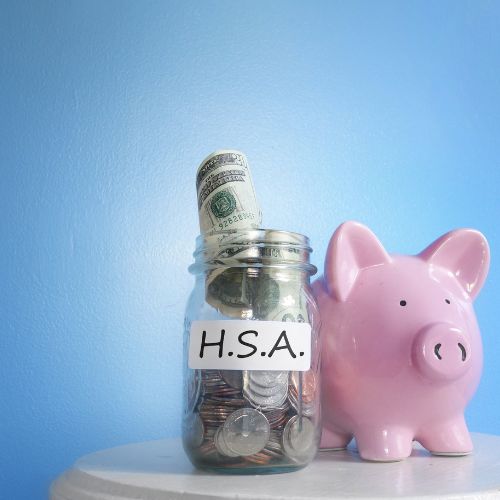What Are the FSA and HSA Contribution Limits for 2024?
Health Savings Account (HSA) and Flexible Spending Account (FSA) contribution limits for 2024 are higher than they were last year.
HSA (Health Savings Account) or FSA (Flexible Spending Account) contributions can help reduce your taxable income.
Contributions to these accounts are tax-free.
However, if the contribution limits are exceeded each year, you can be penalized.
The HSA and FSA contribution limits are higher for 2024 than they were last year.
HSA 2024 limit
- Individuals up to $4,150
- Families up to $8,300
- Catch-up contribution limits for taxpayers 55 and older remain unchanged at $1,000.
- There are no rollover limits for HSA contributions. Any amount left over at the end of the year will automatically roll over into the next.
Not everyone can contribute to an HSA. You must have a high deductible health plan (HDHP) to open a health savings account. But if you don’t have an HDHP, you might still be able to open another type of medical savings’ account, like an FSA. PLAY SOUND

FSA 2024 limit
FSA only available if offered by the employer.
Self-employed taxpayers aren’t eligible for FSAs.
- 2024 contribution limit is $3,200
- 2024 maximum carryover amount for Cafeteria Plans is $640
Penalty for making excess contributions
Excess contribution limits for an HSA or FSA will be subject to regular income tax. Additionally, an excise tax of 6% will also apply to any amount that is over the contribution limit.
To correct any excess mistake, withdraw the excess funds before the federal tax filing deadline. Remember to withdraw any interest earned on the excess funds too.
HSA vs. FSA: Which is better?
HSAs and FSAs each come with advantages and disadvantages. Which type of medical savings account is best for you depends on your circumstances. A low deductible health plan (which disqualifies you for an HSA) is better if medical expenses are expected to be high. However, an HSA could be a good option for taxpayers with lower out-of-pocket medical expenses or if their employer doesn’t offer any medical savings account.
Funds in an FSA or HSA can be used to pay for the same types of qualifying medical expenses.
What are examples of qualified medical expenses?
- Copays
- Prescription and non-prescription drugs
- Prescription eyeglasses
- Dental procedures
For a full list of qualifying medical expenses, you can check with your medical savings account provider.
